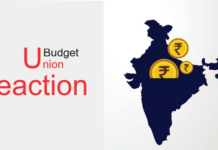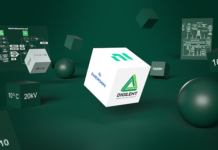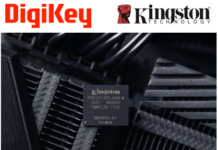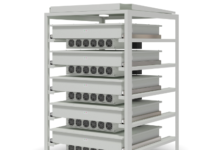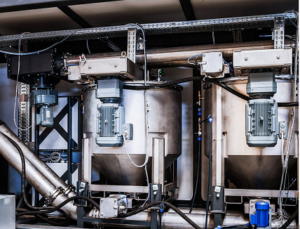
Lithium-ion batteries (LIBs) are now the world’s preferred source of portable energy, but the sad reality is, with a functional lifespan of only 1 to 3 years, up to 95% of these batteries end up as e-waste in landfills. In fact, Singapore generates about 60,000 tonnes of e-waste a year, the equivalent of 220 Airbus A380 planes, while simultaneously, our only landfill at Pulau Semakau is expected to run out of space by 2035.
In an attempt to curb this worrying trend, the Ministry of Environment and Water Resources and National Environment Agency have introduced an extended producer responsibility (EPR) framework for e-waste, which takes effect in just 6 months, starting from 2021. However, the EPR deadlines mean local electronic producers are now scrambling to take on responsibility for the collection and proper treatment of e-waste, but current LIB recycling options are not economically viable, resulting in a dismal 5% recycling rate.
As intractable as obstacles to LIB recycling seem, two dedicated environmentalists and co-founders of homegrown greentech startup Green Li-ion, Leon Farrant (CEO) and Dr Reza Katal (CTO), have spent over a decade perfecting a solution. With their combined expertise in chemical and environmental engineering, the pair has developed the world’s most advanced LIB rejuvenation technology that will reshape the energy market – a patented multi-cathode processor GLMC-1 that recycles spent lithium-ion batteries directly into 99.9% pure cathodes, speeding up current recycling processes by more than 10 times and lowering costs by more than 4 times.
To date, Green Li-ion has raised US$400K in pre-seed funding, graduating with the highest funding amount in their Entrepreneur First Singapore 2020 cohort of 10 companies despite the global pandemic and economic downturn. One of their first investors is HAX, US and China-based hardware startup accelerator that is owned by SOSV. Professor Seeram Ramakrishna, chair of the Circular Economy Task Force at the National University of Singapore also serves on Green Li-ion’s advisory board.
With extensive institutional and industry support, Green Li-ion’s first GLMC-1 will be ready to begin operations in October 2020 and the second GLMC-1 will be operational in January 2021. Green Li-ion is currently in talks with all six of Singapore’s main e-waste recycling companies and major global e-recycling players in Dubai and China to supply GLMC-1 to their facilities. All these e-recyclers have confirmed the novelty and transformative potential of Green Li-ion’s technology, which is protected by 4 patents.
As the circular economy becomes increasingly crucial and the end of life legislation starts to impact battery manufacturers, purity and efficiency of LIB recycling will be key to sustainability. The environment, social and economic impact of Green Li-ion’s technology on the energy industry that powers our world is ground-breaking, and will shape global manufacturing processes in the future. This is Singapore’s opportunity to disrupt traditional processes, lead a global revolution and own intellectual property which will change the energy industry as we know it.




